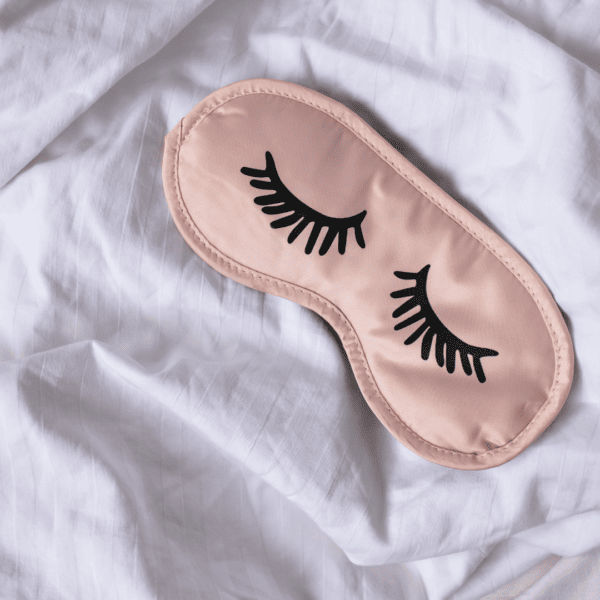
Building good sleeping habits is essential for maintaining overall health and well-being. Here are some tips to help you develop healthy sleep habits:

- Stick to a consistent sleep schedule: Go to bed and wake up at the same time every day, including weekends. This helps regulate your body’s internal clock and promotes better sleep quality.
- Create a bedtime routine: Establish a relaxing routine before bed to signal to your body that it’s time to sleep. This can include activities like reading a book, taking a warm bath, practicing relaxation techniques, or listening to calming music.
- Create a sleep-friendly environment: Make sure your bedroom is conducive to sleep. Keep the room cool, dark, and quiet. Use comfortable bedding, pillows, and a supportive mattress. Consider using earplugs, an eye mask, or white noise machines if needed.
4. Limit exposure to electronic devices before bed: The blue light emitted by electronic devices like smartphones, tablets, and computers can interfere with your sleep. Avoid using these devices for at least an hour before bedtime. Instead, engage in relaxing activities or read a physical book.
5. Avoid caffeine and stimulants: Limit or avoid consuming caffeine and stimulants (such as nicotine and alcohol) close to bedtime, as they can disrupt your sleep patterns and make it harder to fall asleep.
6. Exercise regularly: Engaging in regular physical activity during the day can promote better sleep. However, avoid exercising too close to bedtime, as it can energize your body and make it difficult to relax.
7. Manage stress: Stress and anxiety can interfere with sleep. Find healthy ways to manage stress, such as practicing relaxation techniques (e.g., deep breathing, meditation, yoga), journaling, or talking to a supportive person.
8. Avoid napping late in the day: If you take daytime naps, try to limit them to early afternoon and keep them short (around 20-30 minutes). Napping too late in the day or for extended periods can disrupt your nighttime sleep.
9. Avoid heavy meals and excessive fluids before bed: Eating a large meal or consuming excessive fluids before bed can cause discomfort and frequent bathroom trips, disrupting your sleep. Opt for a light snack if needed and avoid large meals close to bedtime.
10. Seek professional help if needed: If you consistently struggle with sleep or suspect you have a sleep disorder, consult a healthcare professional for a proper evaluation and guidance.
Remember, developing good sleep habits takes time and consistency. Be patient with yourself and give your body the opportunity to adjust to the new routine.


